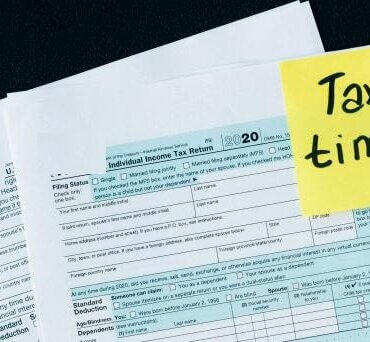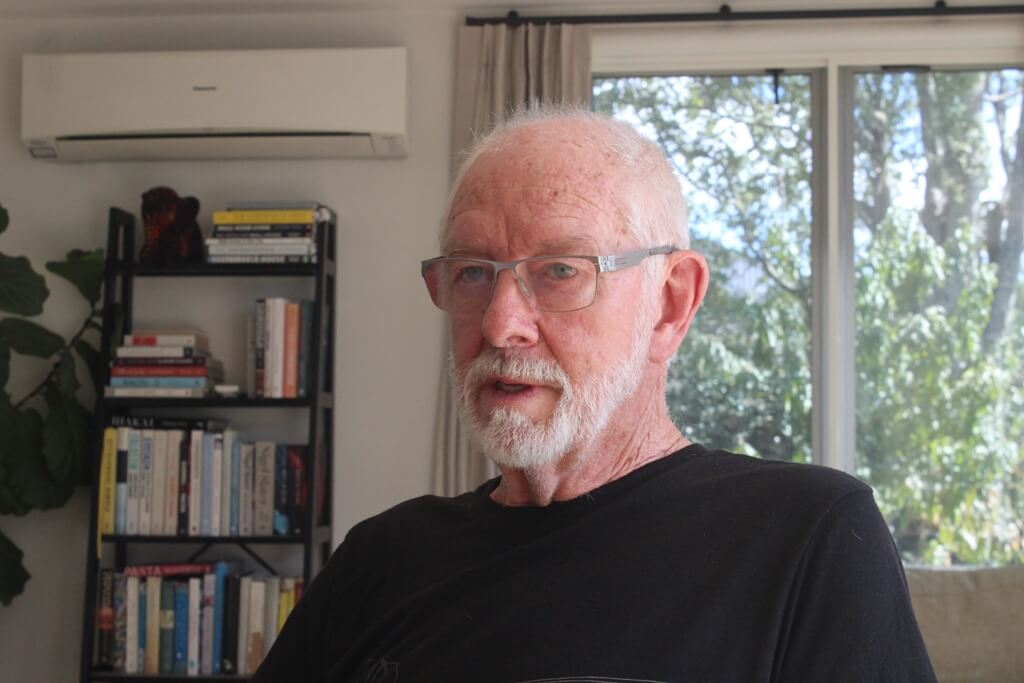
Tax time
I do not understand why the idea of imposing a capital gains tax is such a political no-no in New Zealand.
Amongst Organisation for Economic Co-operation and Development (OECD) countries, some form of capital gains tax is almost universally applied.

Peter Nicholl
Singapore and Switzerland are two of the few from that group of countries not to have done so.
There are at least 130 countries that have such a tax and only around 30 that don’t.
International organisations like the International Monetary Fund and the OECD keep pointing out in their reports on New Zealand that we are overly reliant on income taxes for government revenue.
They have been recommending for some time that New Zealand should broaden its tax base to also include taxing most income people receive as capital gains.
In international jargon, capital gains taxes are now regarded as ‘best international practice”, both for fairness and for revenue-raising reasons.
Our near neighbour, Australia, introduced their capital gains tax in 1985, almost 40 years ago. It doesn’t seem to be a contentious issue there. It has recently been cited as one of the reasons Australia has had a budget surplus in each of the last two fiscal years.
New Zealand on the other hand has had fiscal deficits for the last five years.
Most of the other countries in the world that don’t have a broad capital gains tax are either very small states (Monaco, Andorra), offshore financial markets (Cayman Islands) or have no need for the additional revenue the tax would raise (oil producing states).
I can’t understand why New Zealand is in this set of countries. We don’t fit any of those categories, and certainly not into the third one.
We are all becoming uncomfortably aware that we have a huge infrastructure deficit and some significant demographic trends such as our ageing population. Where will the tax revenue come from to deal with the major financial implications of these future demands?
An opinion poll in NZ earlier this year found that a slight majority of respondents supported the introduction of some form of capital gains tax. Such a poll result would usually make politicians more comfortable about discussing the issue but so far, our politicians still run a mile from the subject.
The final thing I find ironic about the debate on capital gains taxes in NZ is that we already have some elements of capital gains taxes in our tax system such as the bright-line test for some property investors and some elements of trading in shares. Also, the government itself taxes the inflation-adjustment element of the return on inflation-adjusted bonds but this element is not paid out to bond-holders as income but is an adjustment to the capital value of the bond. This piece-meal
approach to taxing capital gains is probably the worst of all possible approaches to the issue.
A broad capital gains tax can’t stay in the politically-impossible basket in NZ for ever.
It can’t actually stay in that basket for very much longer without causing severe problems of one type or another. The problem may be that our infrastructure deficit continues to plague us or tax rates on ‘income’ will have to go back up again. If the tax base isn’t broadened, we will definitely face one or other of these problems – and possibly both.








